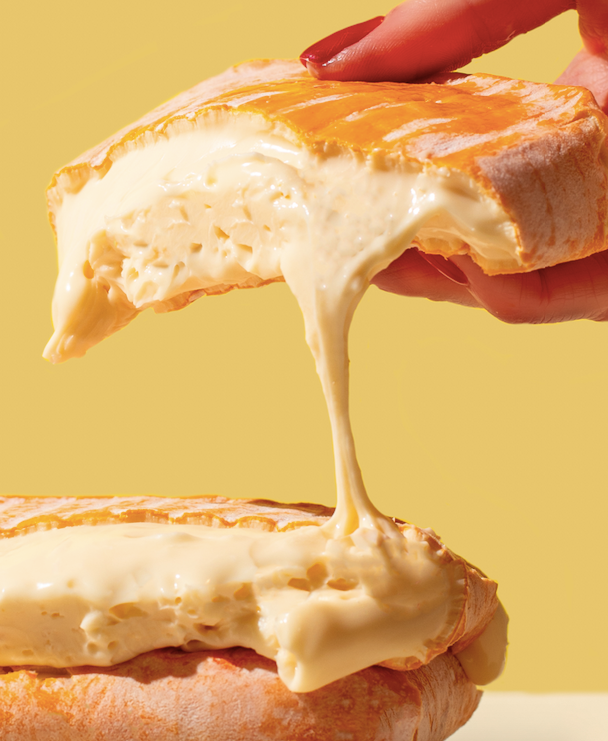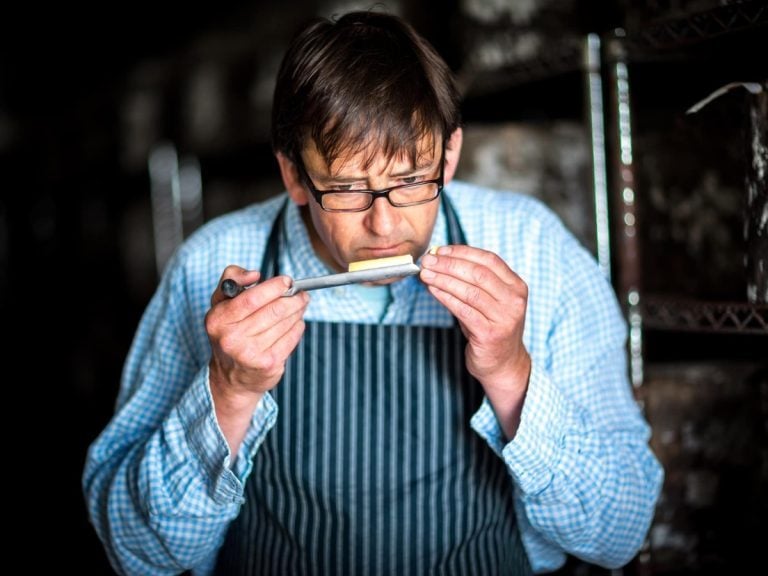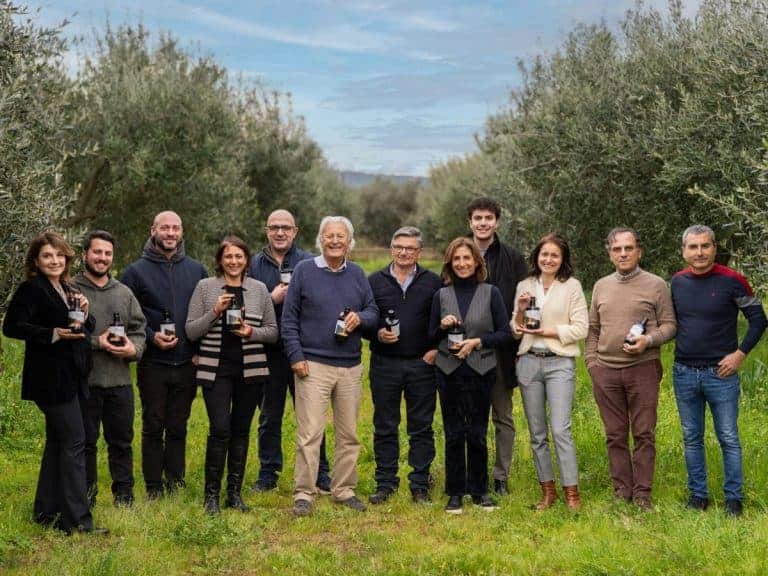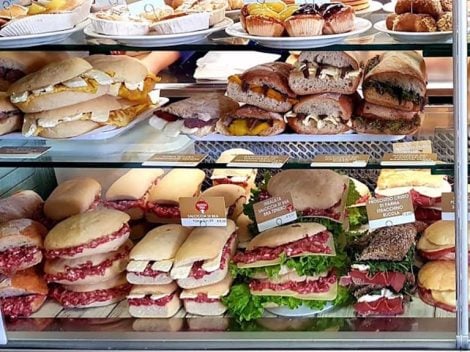Minger's fame is growing. The name of a well-known Scottish cheese, which stands for a specific, mostly negative characteristic: that is of having an unpleasant smell. In fact, it is the “smelliest” cheese in the world. And if its producer himself says so, it is to be trusted. Yet despite its name and olfactory register, Minger has now also become famous for its quality flavour. Initially snubbed by the large-scale retail trade, it has gradually gained popularity with a few small retailers and today boasts a not inconsiderable number of enthusiasts.
Minger, the world's smelliest Scottish cheese

Minger is a washed rind cheese. Resembling a brie, it has a soft texture and a “minty flavour”. It has been produced in Scotland for at least 7 years by Rory Stone, a 59-year-old cheesemaker from Highland Fine Cheeses who himself grew up in a family of cheesemakers. As mentioned, a cheese that over the years has come to the attention of most for a detail that is certainly not minor: its nature as a cheese product with the “most putrid smell in the world”, as Stone himself admits. Therefore it received the not-so-positive appellation of minger (slang for “unpleasant person or thing”) from some passing tasters. A productive outcome that was not originally contemplated by the cheesemaker. Indeed, he had no plans for a cheese that would turn out to be so strong to the nose.
At the same time, its distinctive character, namely its stench, made it in a way unforgettable, becoming as much its strength as a symptom of its authenticity. Exactly what the producer expressed to The Times: “I didn't imagine that we could achieve such an intense smell, so horrendous. I find it really bizarre. We know it stinks and we know it's not very pleasant. But this seems to be what lit the fireworks". After all, “this is what a washed rind should smell like”.
How does cheese become “stinky”?

The transformation is as simple as it is complex and involves cheese ripening. According to Tonya Schoenfuss, professor of food science at the University of Minnesota and a long-time judge in dairy competitions, “when a cheese ripens, the breakdown of fats into proteins begins, and bacteria, yeast, moulds and all microorganisms lead to aromatic compounds, some of them particularly volatile. And it is from this process that the smell of cheese develops”.
Time for success
In its early days, many supermarkets rejected its distribution because of the pervasive smell. So Minger for a time had a veritable Achilles' heel. However, over time, several small shops, some independent, started to stock it. Then, although gradually, the cheese achieved success by winning numerous awards and even being judged as the best speciality cheese at the 2019 Royal Highland Show in Edinburgh. So, for many, it’s a cheese as stinky as it is delicious.
As a result, recent developments have seen the willingness of Asda (a British supermarket chain currently controlled by Walmart and specialising in food retail as well as clothes and toys) to stock the cheese in its shops on a permanent basis. Clearly an important first step for a small production that could expand its consumer base. A leap forward confirmed by Stone: “they are still asking for samples and it won't stop”. All this, without however neglecting the “long-standing” aficionados. The same ones who in their own way have enabled the production to survive in less happy times.
“Strong” tasting experience

However, it should be emphasised that Minger is not one of a kind. There are several cheeses in the world that could be as “stinky”. For example, in 2004, researchers at Cranfield University voted the French Vieux Boulogne cheese as the stinkiest. This “pungent” cheese genre has been fascinating its proselytes for decades now. The existence of various themed festivals and competitions nurtures the passion and culture around this type of cheese. A market that grows hand in hand with the individual's desire for such strong taste experiences. For Marc Bates, an industry expert who for years ran the dairy at Washinghton State University, “we have become more adventurous”. Or, perhaps, simply more gluttonous.


 The 10 best Cerasuolo d'Abruzzo chosen by Gambero Rosso
The 10 best Cerasuolo d'Abruzzo chosen by Gambero Rosso Classic pizzas from the past and the return of "rutiello." In Naples, Antica Pizzeria Chiaia opens
Classic pizzas from the past and the return of "rutiello." In Naples, Antica Pizzeria Chiaia opens One of Italy's most famous seafood restaurants changes location and goes out to sea
One of Italy's most famous seafood restaurants changes location and goes out to sea In Calabria, the tenacity of three women gives birth to one of Italy's best oils. The story of the Lametia Dop Consortium
In Calabria, the tenacity of three women gives birth to one of Italy's best oils. The story of the Lametia Dop Consortium In Rome, a super slice pizza arrives: Sancho, the pizzeria from Fiumicino, opens a branch in Prati
In Rome, a super slice pizza arrives: Sancho, the pizzeria from Fiumicino, opens a branch in Prati






